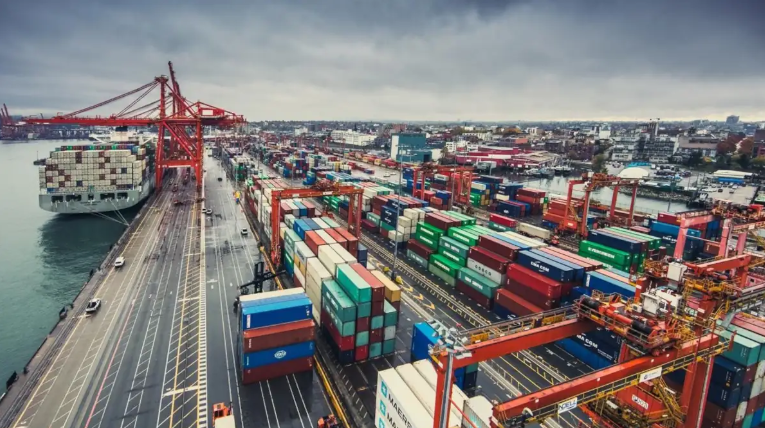For several nations, the development of the port sector offers a breath of fresh air to their economy. In Nigeria, the economic prospects related to the maritime sector are taking on a new dimension with a promising announcement. According to the Nigerian Institution of Marine Engineers and Naval Architects, this sector could generate up to 44 billion dollars per year, a figure that reflects the strategic importance of this industry for the country.
This projection was revealed at a conference held in Port Harcourt, where the institution’s president, Daniel Tamunodukobipi, emphasized the importance of rigorous management to maximize benefits. According to him, effective governance of the maritime sector will not only benefit Nigeria but also the international maritime community. This involves structural reforms and the establishment of mechanisms to ensure sustainable and equitable exploitation.
One of the levers to achieve this goal is the rigorous implementation of the cabotage law. This legislation aims to limit the dominance of foreign companies in local maritime trade and strengthen the capacities of Nigerian actors. Jibril Abba, Executive Director of Maritime Labor and Cabotage Services, stressed the need to create an environment conducive to the emergence of competitive local operators. This approach should also encourage investment in appropriate infrastructure and the training of skilled labor.
Beyond the direct economic benefits, the development of the maritime sector could play a key role in diversifying the Nigerian economy, which has traditionally relied on oil. However, the optimal exploitation of this potential requires a clear vision and coordinated actions involving both public and private stakeholders.
With the right reforms and consistent implementation of policies, the maritime sector could not only boost Nigeria’s GDP but also strengthen the country’s position as a regional hub for maritime trade. However, this potential remains dependent on challenges related to transparency, infrastructure, and the regulation of activities.
Source: la nouvelle tribune




